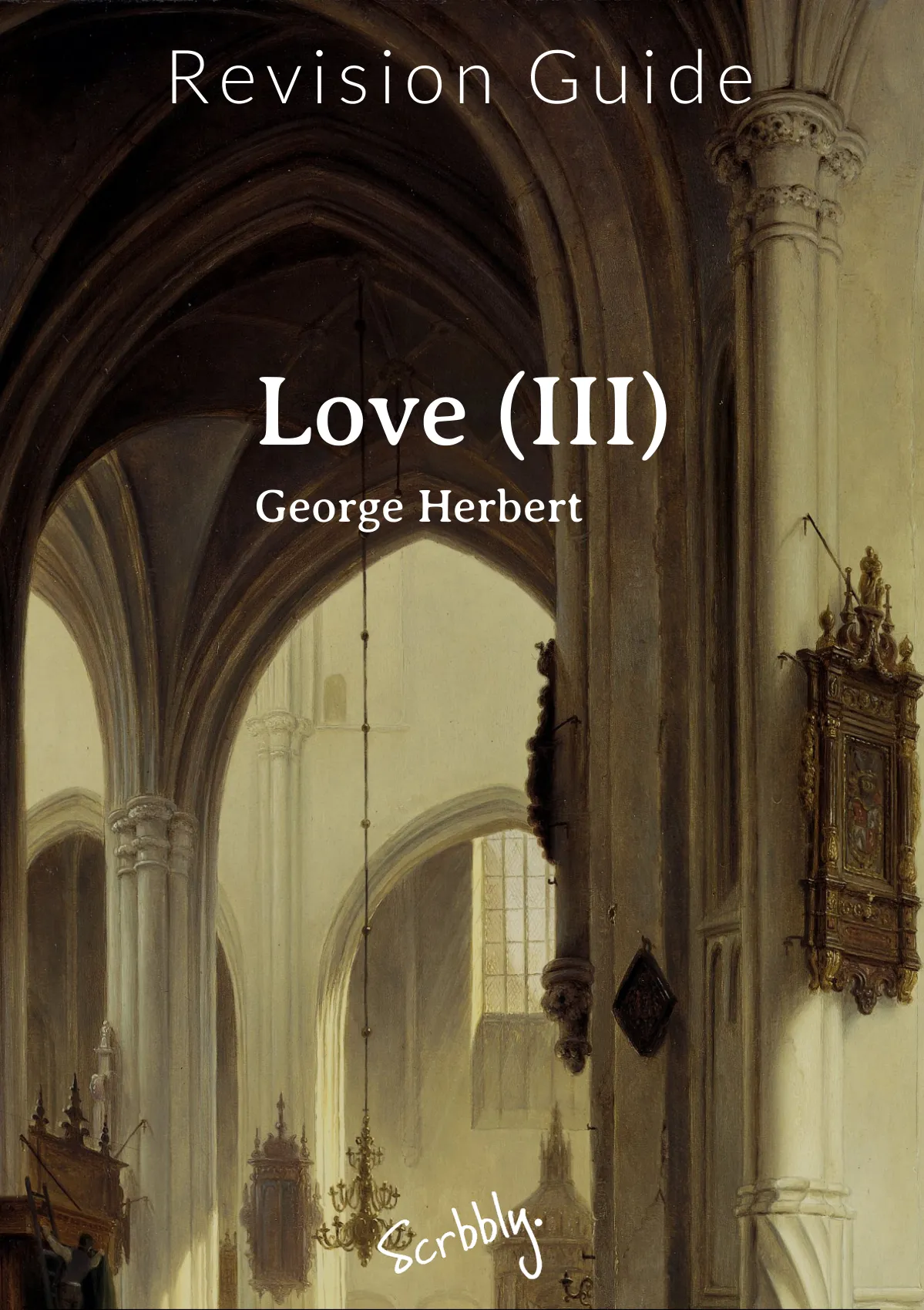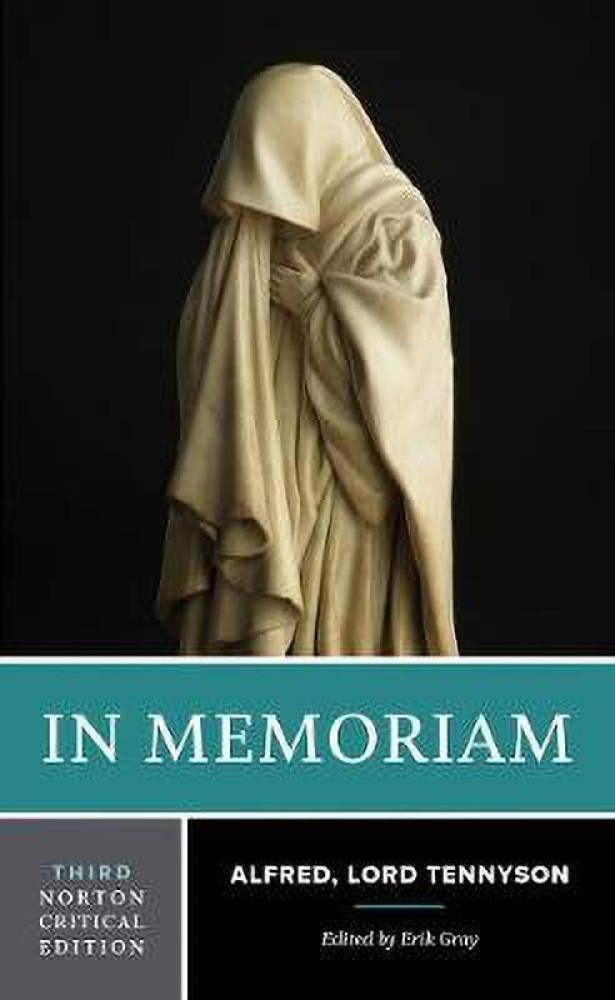TOP 10 Best Christian Poems with Meaning
Christian poetry has been a source of inspiration, reflection, and spiritual solace for centuries. The finest Christian poems delve into the complexities of faith, grace, redemption, and the human experience in relation to the divine.
1. “The Hound of Heaven” by Francis Thompson

Francis Thompson’s “The Hound of Heaven” is a masterful exploration of divine pursuit. Through vivid imagery and powerful language,In the poem, God is portrayed as an unrelenting hound that chases the soul in an effort to entice it into a loving embrace. The poem explores the conflict between God’s unwavering grace and the soul’s resistance.
2. “The Collar” by George Herbert
George Herbert’s “The Collar” reflects on the tension between human desires and divine calling. The poem’s narrator expresses frustration with the constraints of a religious life but ultimately surrenders to God’s will.
Also Read-
- BEST TOP 5 William Blake Poems in English Literature
- TOP BEST 10 T. S. Eliot Poems For English literature
- TOP 10 Robert Burns Poems MUST Read In English Literature
The collar becomes a symbol of both restraint and divine guidance, capturing the poet’s internal struggle with faith.
3. “Love (III)” by George Herbert

In another profound work by George Herbert, “Love (III)” explores the transformative power of divine love. The poem uses rich metaphors to convey the intimacy and grace inherent in the relationship between the soul and God. Herbert’s eloquent language paints a vivid picture of the spiritual journey towards divine union.
4. “The Dark Night” by St. John of the Cross

St. John of the Cross, a mystic and poet, penned “The Dark Night” to explore the soul’s journey toward union with God. The poem explores the difficulties and tribulations that the spirit faces during a significant metamorphosis. The gloomy night represents the letting go of material attachments that lead to a more profound spiritual unity.
5. “The Windhover” by Gerard Manley Hopkins
Gerard Manley Hopkins, a Jesuit priest, wrote “The Windhover” as a celebration of God’s glory manifested in nature. The poem describes the poet’s encounter with a kestrel (windhover) and reflects on the divine presence in the natural world. Hopkins’ use of innovative language and vivid imagery enhances the poem’s spiritual depth.
6. “Paradise Lost” by John Milton

While “Paradise Lost” is an epic poem rather than a single work, its significance in Christian literature cannot be overstated. John Milton’s magnum opus explores the biblical narrative of the Fall, depicting the rebellion of Satan and the consequences for humanity. The poem delves into theological and philosophical themes, examining the nature of free will, redemption, and the providence of God.
7. “A Song for Simeon” by T.S. Eliot
T.S. Eliot’s “A Song for Simeon” draws inspiration from the biblical account of Simeon’s encounter with the infant Jesus in the temple. The poem explores themes of waiting, redemption, and the fulfillment of divine promises. Eliot’s intricate language and profound reflections make this poem a contemplative and spiritually resonant piece.
8. “The Pulley” by George Herbert
In “The Pulley,” George Herbert explores the idea of divine wisdom and the purpose of human desires. The poem suggests that God, in His infinite wisdom, withheld rest from humanity to draw them closer to Him. The imagery of a pulley serves as a metaphor for the tension between earthly desires and the divine calling that ultimately leads to spiritual fulfillment.
9. “In Memoriam” by Alfred Lord Tennyson

While not exclusively Christian, Tennyson’s “In Memoriam” is a deeply reflective poem on faith and the human response to loss and doubt. Composed as a series of elegies, the poem grapples with themes of grief, evolution, and the quest for meaning in the face of mortality. Tennyson’s exploration of faith and doubt makes this work relevant to Christian themes.
10. “Journey of the Magi” by T.S. Eliot

T.S. Eliot’s “Journey of the Magi” provides a unique perspective on the biblical story of the Magi traveling to witness the birth of Christ. The poem delves into the hardships and spiritual transformation experienced by the Magi during their journey. Eliot’s exploration of the cost of encountering the divine and the complexities of faith makes this poem a profound meditation on the Christian narrative.
Conclusion
Christian poetry, with its timeless themes of faith, redemption, and the divine-human relationship, has yielded a treasure trove of profound and meaningful works. In this exploration of the top 10 Christian poems, we’ve witnessed the artistry and contemplative depth of poets across centuries.
Every poem provides a different perspective on the intricacies of Christian theology, from T.S. Eliot’s subtle examination of spiritual development in “Journey of the Magi” to Francis Thompson’s unrelenting search of the soul in “The Hound of Heaven.” A life of faith is full of tensions, as George Herbert’s introspective efforts in “The Collar” and “The Pulley” resound. St. John of the Cross’s “The Dark Night” transforms us toward divine unity.
The natural world becomes a canvas for divine glory in Gerard Manley Hopkins’s “The Windhover,” and John Milton’s epic “Paradise Lost” delves into profound theological and philosophical questions surrounding the Fall. T.S. Eliot’s “A Song for Simeon” and Alfred Lord Tennyson’s “In Memoriam” offer reflections on faith amidst loss and doubt, enriching the conversation between literature and spirituality.
In the tapestry of Christian poetry, these works stand as pillars of contemplation, inviting readers to explore the depths of faith, the challenges of the human condition, and the profound mysteries of the divine.
FAQ.
1. What are some other notable Christian poems?
Several other notable Christian poems have left an indelible mark on literature. John Donne’s “Holy Sonnets,” Christina Rossetti’s “Goblin Market,” and John Keble’s “The Christian Year” are examples of impactful Christian poetry that explore various aspects of faith, devotion, and spiritual reflection.
2. Are there contemporary Christian poets?
Yes, contemporary poets continue to explore Christian themes in their work. Scott Cairns, Luci Shaw, and Christian Wiman are among the modern poets who engage with Christian spirituality in their poetry, bringing a fresh perspective to age-old themes.
3. How does Christian poetry contribute to spiritual reflection?
Christian poetry serves as a medium for spiritual reflection by delving into the complexities of faith, the human experience, and the divine. Through metaphor, symbolism, and language, poets articulate the beauty, challenges, and mysteries of the Christian journey, providing readers with opportunities for contemplation and introspection.
4. Can Christian poetry be enjoyed by people of other faiths or no faith?
Absolutely. While Christian poetry often explores themes specific to the Christian tradition, its beauty, language, and reflections on the human condition can be appreciated by people of various beliefs. The universal themes of love, redemption, and the search for meaning make these poems accessible and meaningful to a diverse audience.
5. How does poetry contribute to religious and spiritual dialogue?
Poetry, including Christian poetry, offers a unique mode of expression that transcends doctrinal boundaries. It provides a space for individuals to engage with spiritual and religious themes on a personal and emotional level. Through metaphor and symbolism, poetry can evoke deep contemplation and foster dialogue about the mysteries of existence and the divine.
6. Are there anthologies or collections of Christian poetry?
Yes, there are numerous anthologies and collections that bring together Christian poetry from various periods and poets. “The Oxford Book of Christian Verse” edited by Donald Davie and “Crossing the Heart of God: Poems of Grief and Faith” edited by William Zinsser are examples of compilations that showcase a diverse range of Christian poetic voices.














